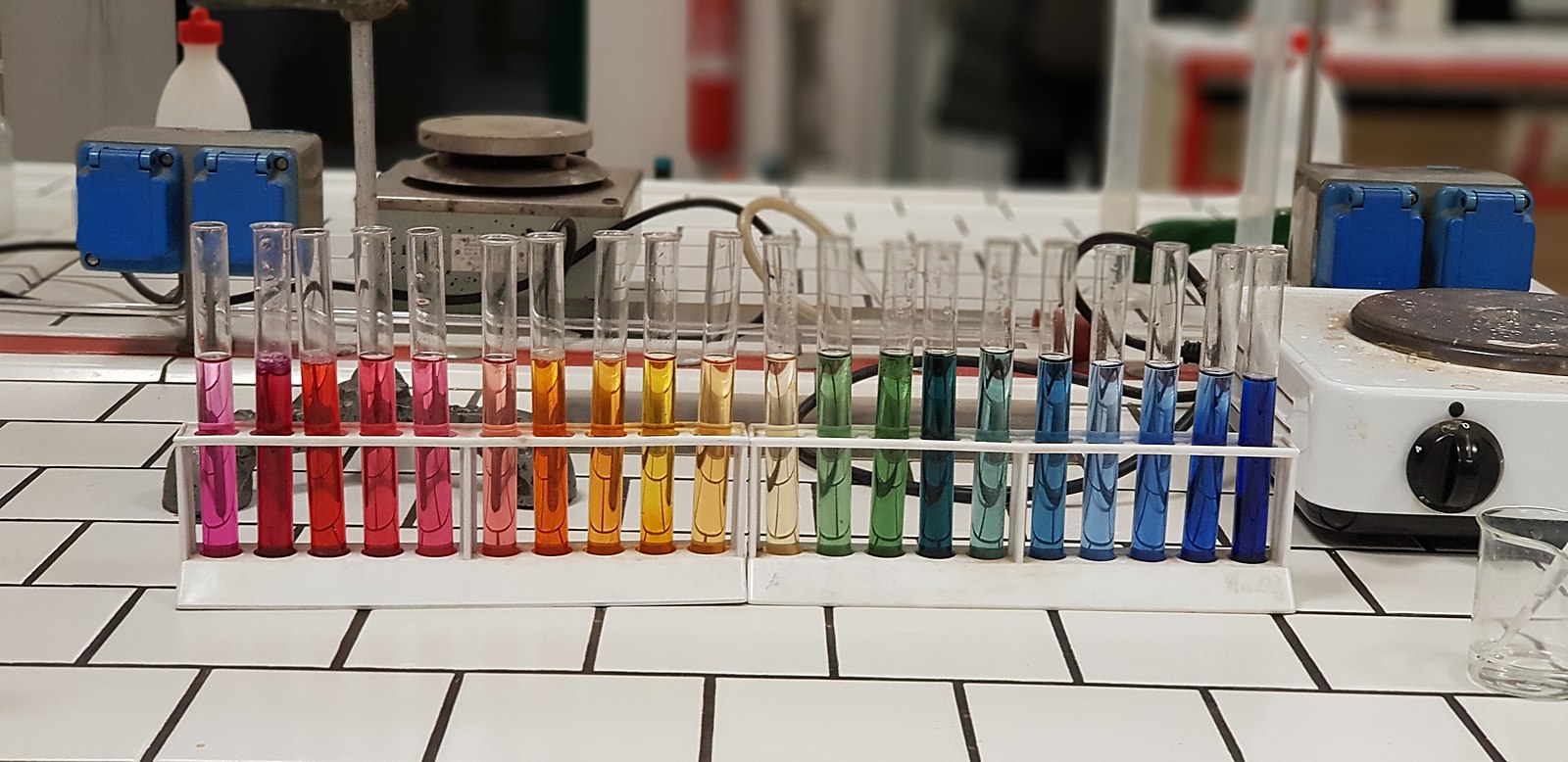The pH of a solution of ammonium perchlorate (NH4ClO4) in water is slightly acidic. This is because ammonium perchlorate is a salt of a weak base (ammonia, NH3) and a strong acid (perchloric acid, HClO4). When dissolved in water, the ammonium ion (NH4+) dissociates to form hydrogen ions (H+), making the solution acidic.
Understanding the Acidity of Ammonium Perchlorate in Water
Ammonium perchlorate is a chemical compound that is commonly used in solid propellants, explosives, and pyrotechnics. When dissolved in water, the compound dissociates into ammonium ions (NH4+) and perchlorate ions (ClO4-). The presence of the ammonium ions in the solution leads to the formation of hydrogen ions (H+) through the following reaction:
NH4+ + H2O ⇌ NH3 + H+
This reaction shifts the pH of the solution towards the acidic range, with the exact pH depending on the concentration of the ammonium perchlorate in the water.
Calculating the pH of Ammonium Perchlorate Solutions
The pH of a 0.108 M aqueous solution of ammonium perchlorate is approximately 4.5. This can be calculated using the following steps:
-
Write the equilibrium equation for the dissociation of ammonium ions in water:
NH4+ + H2O ⇌ NH3 + H+ -
Calculate the equilibrium constant (Kb) for the reaction:
Kb = [NH3][H+] / [NH4+]
Kb = 1.8 × 10-5 at 25°C -
Substitute the initial concentration of ammonium perchlorate (0.108 M) and solve for the equilibrium concentration of H+:
[H+] = √(Kb × [NH4+])
[H+] = √(1.8 × 10-5 × 0.108)
[H+] = 3.5 × 10-3 M -
Calculate the pH:
pH = -log[H+]
pH = -log(3.5 × 10-3)
pH ≈ 4.5
Therefore, the pH of a 0.108 M aqueous solution of ammonium perchlorate is approximately 4.5, indicating a slightly acidic solution.
Factors Affecting the pH of Ammonium Perchlorate Solutions
The pH of an ammonium perchlorate solution can be affected by several factors, including:
-
Concentration: The pH of the solution will become more acidic as the concentration of ammonium perchlorate increases.
-
Impurities: The presence of other substances, such as strong acids or bases, can alter the pH of the solution.
-
Temperature: The equilibrium constant (Kb) for the dissociation of ammonium ions in water is temperature-dependent, which can affect the pH of the solution.
-
Dilution: Diluting the ammonium perchlorate solution with water can increase the pH, making the solution less acidic.
To maintain the desired pH of an ammonium perchlorate solution, it is important to consider these factors and adjust the solution accordingly.
Balancing the pH of Ammonium Perchlorate Solutions
If the pH of an ammonium perchlorate solution needs to be adjusted, a base can be added to neutralize the acidity. Common bases used for this purpose include sodium hydroxide (NaOH) and potassium hydroxide (KOH). The amount of base required will depend on the concentration of the ammonium perchlorate solution and the desired pH.
The reaction between the base and the hydrogen ions in the solution can be represented as follows:
H+ + OH- → H2O
By adding the appropriate amount of base, the pH of the ammonium perchlorate solution can be raised to the desired level.
Removing Contaminants from Ammonium Perchlorate Solutions
Contaminants or impurities in an ammonium perchlorate solution can affect its pH and other properties. To remove these contaminants, various methods can be employed, such as:
- Filtration: Passing the solution through a filter can remove solid impurities.
- Distillation: Distilling the solution can separate the ammonium perchlorate from volatile impurities.
- Ion exchange: Using ion exchange resins can selectively remove specific ions from the solution.
By removing contaminants, the pH and other characteristics of the ammonium perchlorate solution can be better controlled and maintained.
Conclusion
The pH of a solution of ammonium perchlorate in water is slightly acidic due to the dissociation of the ammonium ions. The exact pH of the solution depends on factors such as concentration, temperature, and the presence of impurities. To balance the pH, a base can be added, and contaminants can be removed using techniques like filtration, distillation, and ion exchange.
Understanding the pH of ammonium perchlorate solutions is crucial in various applications, such as the production of solid propellants, explosives, and pyrotechnics, where the pH can affect the performance and stability of the final product.
References:
1. Is NH4ClO4 acidic? – Socratic. https://socratic.org/questions/is-nh-4clo-4-acidic
2. Is NH4ClO4 acidic, basic, or neutral (dissolved in water)? – YouTube. https://www.youtube.com/watch?v=WoxM2k64Smo
3. What is the pH of a 0.108 M aqueous solution of ammonium perchlorate … – Homework.study.com. https://homework.study.com/explanation/what-is-the-ph-of-a-0-108-m-aqueous-solution-of-ammonium-perchlorate-nh-4clo-4-ph-square-this-solution-is-square.html

